-
 Bitcoin
Bitcoin
$93,334.9348
1.22% -
 Ethereum
Ethereum
$3,235.8889
-0.12% -
 Tether USDt
Tether USDt
$1.0002
0.06% -
 XRP
XRP
$2.2754
1.22% -
 BNB
BNB
$691.2669
0.17% -
 Solana
Solana
$186.6797
0.16% -
 Dogecoin
Dogecoin
$0.3262
1.26% -
 USDC
USDC
$0.9999
-0.01% -
 Cardano
Cardano
$0.9212
3.64% -
 TRON
TRON
$0.2399
-0.78% -
 Avalanche
Avalanche
$36.6438
2.12% -
 Sui
Sui
$4.8880
8.24% -
 Toncoin
Toncoin
$5.1897
0.96% -
 Chainlink
Chainlink
$19.8347
1.81% -
 Shiba Inu
Shiba Inu
$0.0000
2.59% -
 Stellar
Stellar
$0.4006
2.28% -
 Hedera
Hedera
$0.2703
2.09% -
 Polkadot
Polkadot
$6.5701
0.40% -
 Bitcoin Cash
Bitcoin Cash
$436.1687
4.44% -
 UNUS SED LEO
UNUS SED LEO
$9.0288
-0.16% -
 Bitget Token
Bitget Token
$6.5505
5.11% -
 Uniswap
Uniswap
$13.0093
3.50% -
 Litecoin
Litecoin
$103.2675
1.73% -
 Pepe
Pepe
$0.0000
2.28% -
 Hyperliquid
Hyperliquid
$20.2688
4.54% -
 NEAR Protocol
NEAR Protocol
$4.9671
1.77% -
 Ethena USDe
Ethena USDe
$0.9993
0.06% -
 Dai
Dai
$1.0000
0.00% -
 Internet Computer
Internet Computer
$10.4218
2.84% -
 Aptos
Aptos
$8.9060
3.62%
How to buy Flare coins safely and reliably
For safe and reliable Flare coin acquisition, choose a reputable exchange like KuCoin, Binance, or Coinbase, ensuring robust security measures, a proven track record, and competitive trading fees.
Nov 20, 2024 at 03:14 pm
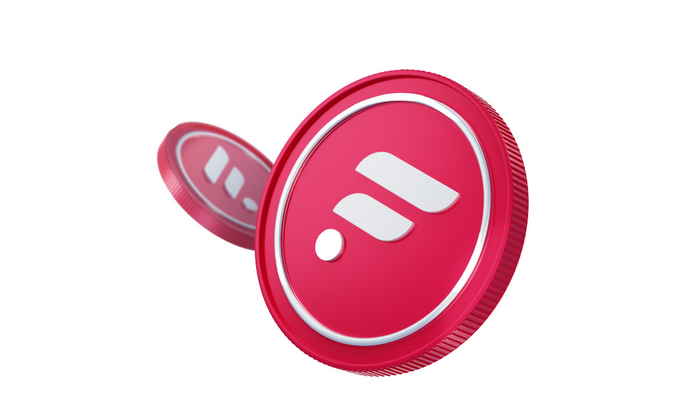
How to Buy Flare Coins Safely and Reliably: A Comprehensive Guide
Flare (FLR) has emerged as a promising blockchain technology that aims to connect different blockchains and enable cross-chain transactions. As a result, there's been growing interest in acquiring FLR coins. However, navigating the cryptocurrency market can be daunting, especially for beginners. This comprehensive guide will provide a step-by-step approach to buying Flare coins safely and reliably.
Step 1: Choose a Reputable Cryptocurrency Exchange
The first step to buying Flare coins is selecting a reputable cryptocurrency exchange. Several exchanges offer FLR trading, but not all are created equal. Consider the following factors when choosing an exchange:
- Security: Ensure that the exchange has robust security measures in place to protect your funds from hackers and cyberattacks. Look for exchanges that employ industry-standard security protocols and have a proven track record of reliability.
- Reputation: Choose an exchange with a positive reputation among the cryptocurrency community. Read reviews and check for any negative experiences or controversies associated with the exchange.
- Fees: Compare the trading fees of different exchanges before making a decision. Look for exchanges that offer competitive fees and clear fee structures. Hidden or inflated fees can significantly impact your profits.
Step 2: Create an Account on the Exchange
Once you've chosen an exchange, create an account by providing the necessary personal information. Follow the exchange's verification procedures to enhance the security of your account. This may involve verifying your email address, phone number, and identity through government-issued documents.
Step 3: Fund Your Account
To buy Flare coins, you need to fund your exchange account. Most exchanges support various funding methods, including:
- Bank Transfer: Transfer funds from your bank account to your exchange account. This method is typically secure but may take several days to process.
- Credit/Debit Card: Use your credit or debit card to instantly fund your account. However, this method may incur higher fees than bank transfers.
- Cryptocurrency Deposit: Transfer cryptocurrency from your external wallet to your exchange account. This is a quick and convenient option if you already have other cryptocurrencies.
Step 4: Find the FLR/USD or FLR/USDT Trading Pair
Once your account is funded, navigate to the trading page of the exchange. Search for the FLR/USD or FLR/USDT trading pair. This will show the real-time market data for Flare coins.
Step 5: Place a Buy Order
Determine the amount of Flare coins you want to buy. Consider your investment strategy and risk tolerance. You can place different types of buy orders:
- Market Order: Place a market order to buy FLR coins at the current market price. This is the quickest and simplest order type but may result in a higher price than desired.
- Limit Order: Set a limit price and buy FLR coins only when the market price reaches or falls below that price. This gives you more control over the price but may require patience for the order to execute.
Step 6: Store Your FLR Coins Safely
Once your order is filled, your Flare coins will be credited to your exchange account. However, it's recommended to store your FLR coins in a hardware wallet for enhanced security. Hardware wallets are physical devices that store your private keys offline, making them less susceptible to hacking.
Disclaimer:info@kdj.com
The information provided is not trading advice. kdj.com does not assume any responsibility for any investments made based on the information provided in this article. Cryptocurrencies are highly volatile and it is highly recommended that you invest with caution after thorough research!
If you believe that the content used on this website infringes your copyright, please contact us immediately (info@kdj.com) and we will delete it promptly.
-
7 Upcoming Meme Coins That Can Make You Rich in 2025
- 2025-01-10 20:25:25
-
The 1876-CC 20-Cent Piece: A Rare and Valuable Coin
- 2025-01-10 21:00:25
-
Arctic Pablo (APC): The Top New Meme Coin to Invest in This Week
- 2025-01-10 21:00:25
-
Explore Arctic Pablo, Book of Meme, and Popcat as the Best Meme Coins for Long-Term Success – Epic ROI Awaits in 2025
- 2025-01-10 20:35:27
-
BTC, ETH, SUI, FTM, and AIOZ Price Analysis and Review
- 2025-01-10 20:50:24
-
Wall Street Pepe Raises Over $45 Million In Record Time
- 2025-01-10 21:10:25
Related knowledge
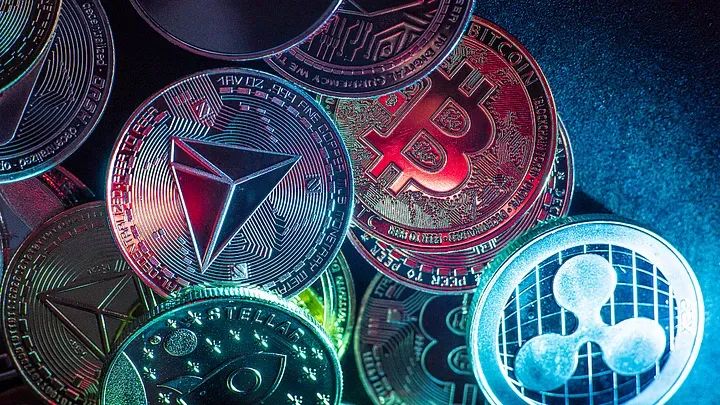
What Is The Difference Between Fungible And Non-Fungible Tokens?
Nov 26,2024 at 01:04pm
Fungible vs. Non-Fungible Tokens: A Comprehensive GuideIn the realm of blockchain technology, the concept of tokens lies at the core of many applications. Tokens represent digital assets that can be used to facilitate transactions, store value, or represent ownership. However, there exists a fundamental distinction between two types of tokens: fungible ...
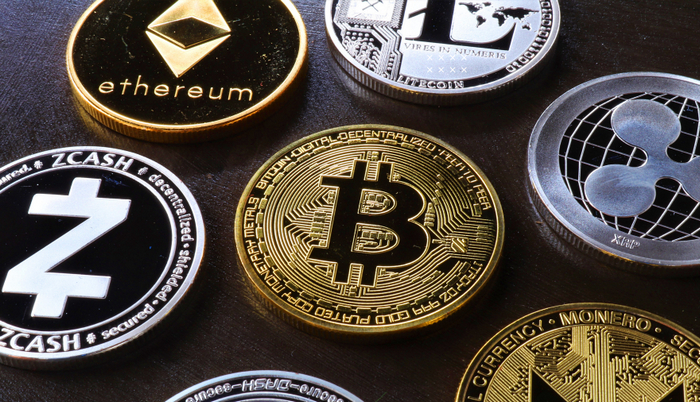
What is a Public Key Infrastructure?
Nov 23,2024 at 12:30am
What is a Public Key Infrastructure?IntroductionA Public Key Infrastructure (PKI) is a framework that enables secure communication over a network by managing digital certificates and public-key cryptography. PKI plays a crucial role in various blockchain applications, ensuring data integrity, authentication, and non-repudiation.Components of a PKIA PKI ...
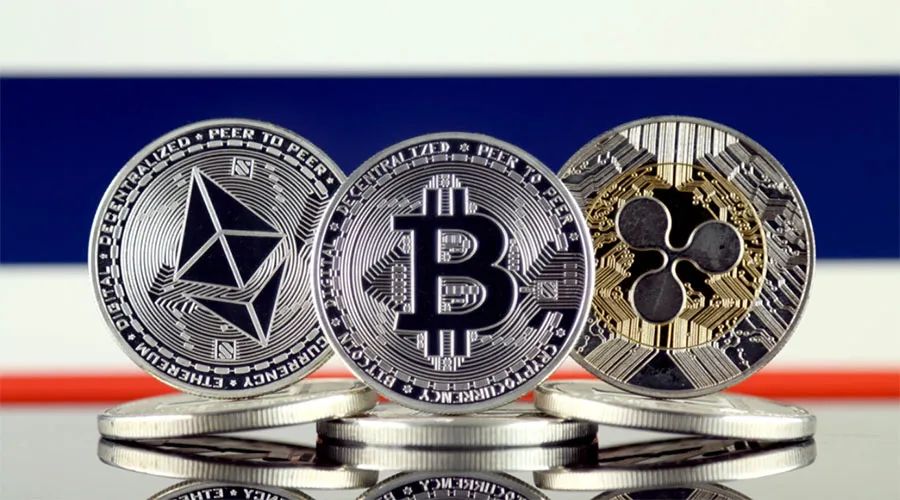
What is MEV (Miner Extractable Value)?
Nov 22,2024 at 06:22pm
What is Miner Extractable Value (MEV)?Introduction:Miner Extractable Value (MEV) is a term used to describe the profit that miners can make by manipulating the order of transactions in a block. This manipulation is possible because miners have the ability to choose the order in which transactions are included in a block, and they can use this power to f...
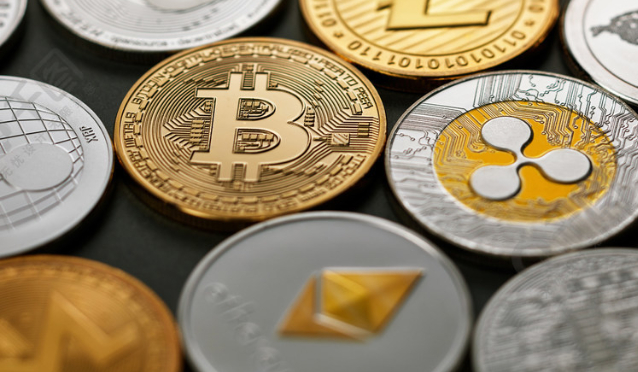
What is a Genesis Block?
Nov 24,2024 at 09:10pm
Decoding the Genesis Block: The Birth of BlockchainIntroductionThe Genesis block stands as the inaugural chapter in the blockchain saga, igniting the spark that revolutionized the world of finance and technology. This foundational block holds immense significance, embodying the inception of immutable ledgers, decentralized networks, and the transformati...
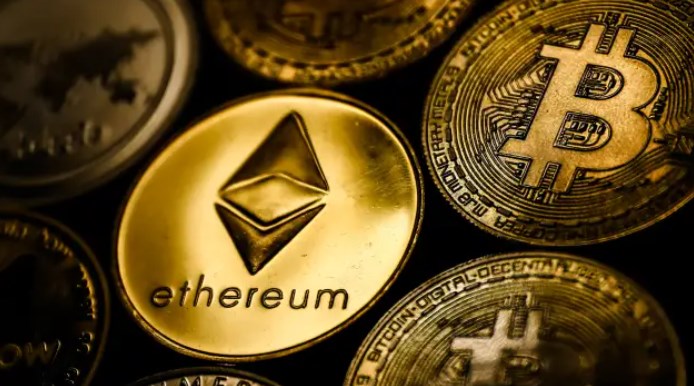
What Is an NFT Game?
Nov 26,2024 at 07:05am
What Is an NFT Game?Non-fungible tokens (NFTs) have taken the digital world by storm, empowering creators, collectors, and enthusiasts alike to own and trade unique digital assets. The integration of NFTs into the gaming industry has given rise to a captivating new realm known as NFT games, where players can not only enjoy immersive experiences but also...
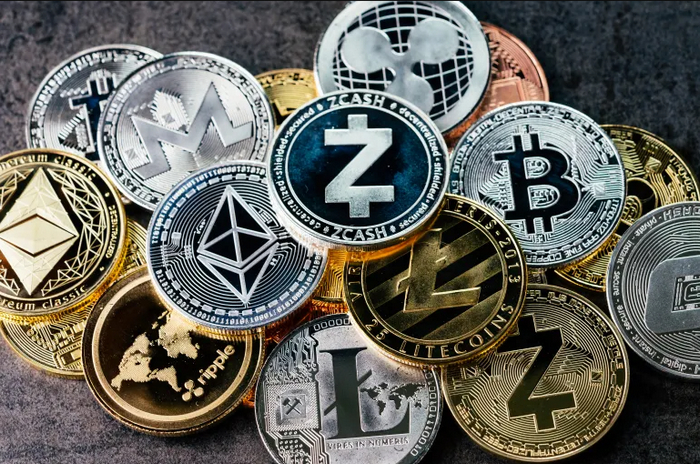
What Is an NFT Marketplace?
Nov 22,2024 at 07:43pm
What Is an NFT Marketplace?An NFT marketplace is a platform that facilitates the buying, selling, and trading of non-fungible tokens (NFTs). NFTs are unique digital assets that represent ownership of a specific item, such as a piece of art, music, video, or other collectible. NFT marketplaces allow users to create, list, and purchase NFTs, with transact...

What Is The Difference Between Fungible And Non-Fungible Tokens?
Nov 26,2024 at 01:04pm
Fungible vs. Non-Fungible Tokens: A Comprehensive GuideIn the realm of blockchain technology, the concept of tokens lies at the core of many applications. Tokens represent digital assets that can be used to facilitate transactions, store value, or represent ownership. However, there exists a fundamental distinction between two types of tokens: fungible ...

What is a Public Key Infrastructure?
Nov 23,2024 at 12:30am
What is a Public Key Infrastructure?IntroductionA Public Key Infrastructure (PKI) is a framework that enables secure communication over a network by managing digital certificates and public-key cryptography. PKI plays a crucial role in various blockchain applications, ensuring data integrity, authentication, and non-repudiation.Components of a PKIA PKI ...

What is MEV (Miner Extractable Value)?
Nov 22,2024 at 06:22pm
What is Miner Extractable Value (MEV)?Introduction:Miner Extractable Value (MEV) is a term used to describe the profit that miners can make by manipulating the order of transactions in a block. This manipulation is possible because miners have the ability to choose the order in which transactions are included in a block, and they can use this power to f...

What is a Genesis Block?
Nov 24,2024 at 09:10pm
Decoding the Genesis Block: The Birth of BlockchainIntroductionThe Genesis block stands as the inaugural chapter in the blockchain saga, igniting the spark that revolutionized the world of finance and technology. This foundational block holds immense significance, embodying the inception of immutable ledgers, decentralized networks, and the transformati...

What Is an NFT Game?
Nov 26,2024 at 07:05am
What Is an NFT Game?Non-fungible tokens (NFTs) have taken the digital world by storm, empowering creators, collectors, and enthusiasts alike to own and trade unique digital assets. The integration of NFTs into the gaming industry has given rise to a captivating new realm known as NFT games, where players can not only enjoy immersive experiences but also...

What Is an NFT Marketplace?
Nov 22,2024 at 07:43pm
What Is an NFT Marketplace?An NFT marketplace is a platform that facilitates the buying, selling, and trading of non-fungible tokens (NFTs). NFTs are unique digital assets that represent ownership of a specific item, such as a piece of art, music, video, or other collectible. NFT marketplaces allow users to create, list, and purchase NFTs, with transact...
See all articles










































